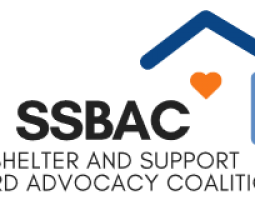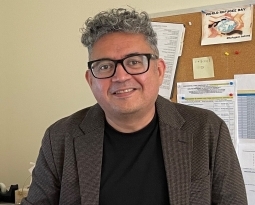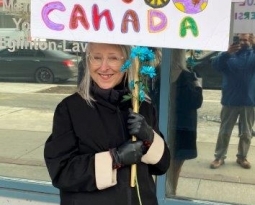The 24/7 Shelter program serves (youth and adults)
single men and women refugee claimants, providing
services at 101 Ontario Street. We also have a satellite
program at 250 Queen Street East. Similar to 2020, last
year saw a relatively lower number of clients served
than in pre pandemic years, due to the reduction of our
bed capacity from 94 beds to 67 beds, leading to a total
loss of 30% of our available beds due to safe spacing
requirements. This has directly affected the availability
of beds for male clients. Beds for women remained the
same.
For people to be admissible to our shelter they must be
making a refugee claim or have initiated their refugee
claim and are at various stages of the process including
appeals. They require emergency shelter and settlement
supports to assist them in the claim process, securing
basic needs allowance from the City of Toronto and
assistance to find and secure housing. Priority is given to
separated youth who have no family or social supports in
Canada and those who have just arrived in the city from
around the world.
As restrictions loosened up, we saw more arrivals that
led to the creation of a wait list for the first time since
the pandemic. The opening of the US border in the fall
saw the wait list grow to over 100, many of whom were
in other homeless shelters. This is often traumatising
for refugees who have not been exposed to this type of
environment. Sojourn House is the only refugee specific
City funded shelter for singles refugees.
Throughout the year this dedicated staff team continued
to provide trauma informed enhanced case management
and settlement services by phone, Zoom or in person with
IPAC protections and to complete health checks daily with
their respective clients. This, along with vaccinations of
both staff and clients and strict COVID procedures and
protocols prevented any major outbreaks. In fact, we had
only a case here and there throughout the year.
Housing continues to be the biggest challenge to our
clients. In 2021 only 47 clients were housed. Although
the COVID-19 pandemic played a role in this, the lack of
affordable housing, and potential landlords’ unwillingness
to take tenants dependant on social assistance continues
to create barriers to accessing housing. BIPOC youth face
particular barriers due to age and racial discrimination.
Recent Posts







